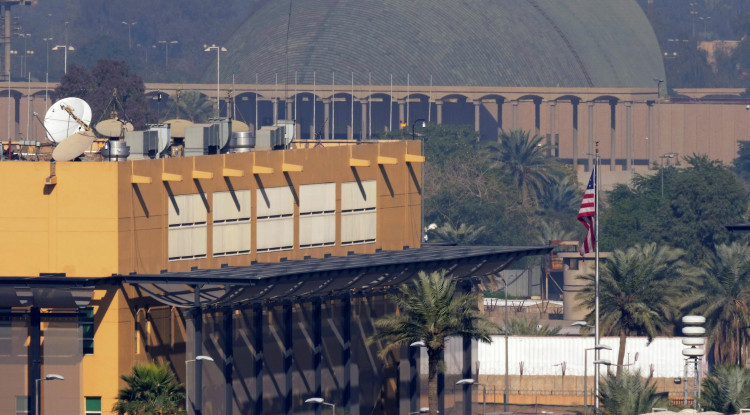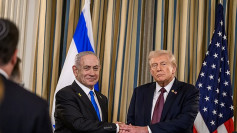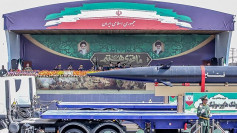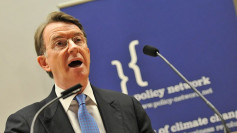Despite the decision by the Iraqi parliament to boot foreign military presence in the country, the United States seemed all too prepared by the outcome and, clearly, is unfazed by it.
US President Donald Trump, as expected, did not stick to his words that America may have to bid adios to Iraq after six years of stay. In fact, he is not pulling out of the Islamic Republic, just yet.
Contrary to his earlier statements, the US has decided to stay put and build at least three new military installations in Iraq. These bases will be constructed figuratively a stone throw away from the Iranian border, Israeli sources told Breaking Defense.
Thousands of Iraqis marched in the capital early Friday, demanding US forces to leave the country, but the demonstrations were quick and orderly. Moktada al Sadr, the cleric who called for the protests, has backed out of the tension.
Israeli authorities disclosed that moments following Trump's declaration, the US realized that carrying out the decision to leave would reduce the military's influence in Iraq, where Russian presence has been growing of late.
After the killing of Qassem Soleimani, Iran's second most powerful man, the Iraqi government protested what it described as a "violation of international law" and its lawmakers passed a resolution demanding the withdrawal of US forces.
However, the US military has decided to stay since the resolution and indications are that the Americans' presence in the country will even become wider, bigger and more powerful, analysts said.
Tehran's reaction to Soleimani's murder resulted in a missile strike at US military installations and assets in Iraq.
The US plans to build a military base near Sulimania, another big combat facility near Halabja, which is only 14 kilometers from Iran's border, while a third base is planned to be erected south of Erbil.
Washington has realized that pulling its troops from Iraq will greatly affect the sanctions the US imposed against Iran.
In spite of Trump's declaration, the US has to keep a solid presence and they are doing it by "building more bases in the country," Prof. Uzi Rabi, director of the Moshe Dayan Center for Middle Eastern and African Studies, told Breaking Defense.
Meanwhile, as this developed, mortars hit the US consulate in Baghdad, wounding one person and destroying portions of the embassy late Monday, a top US military official said.
Middle East commanding General Frank McKenzie, told members of the press travelling with him that the mortar attack caused a fire, but was quickly contained. No American serviceman was injured, except a US national who sustained a minor injury.
In a phone conversation with Iraqi Prime Minister Adel Abdul Mahdi, US State Secretary Mike Pompeo expressed "outrage" and blamed Iran's armed organizations for the mortar attack, US State Department spokesperson Morgan Ortagusand said on Monday.






